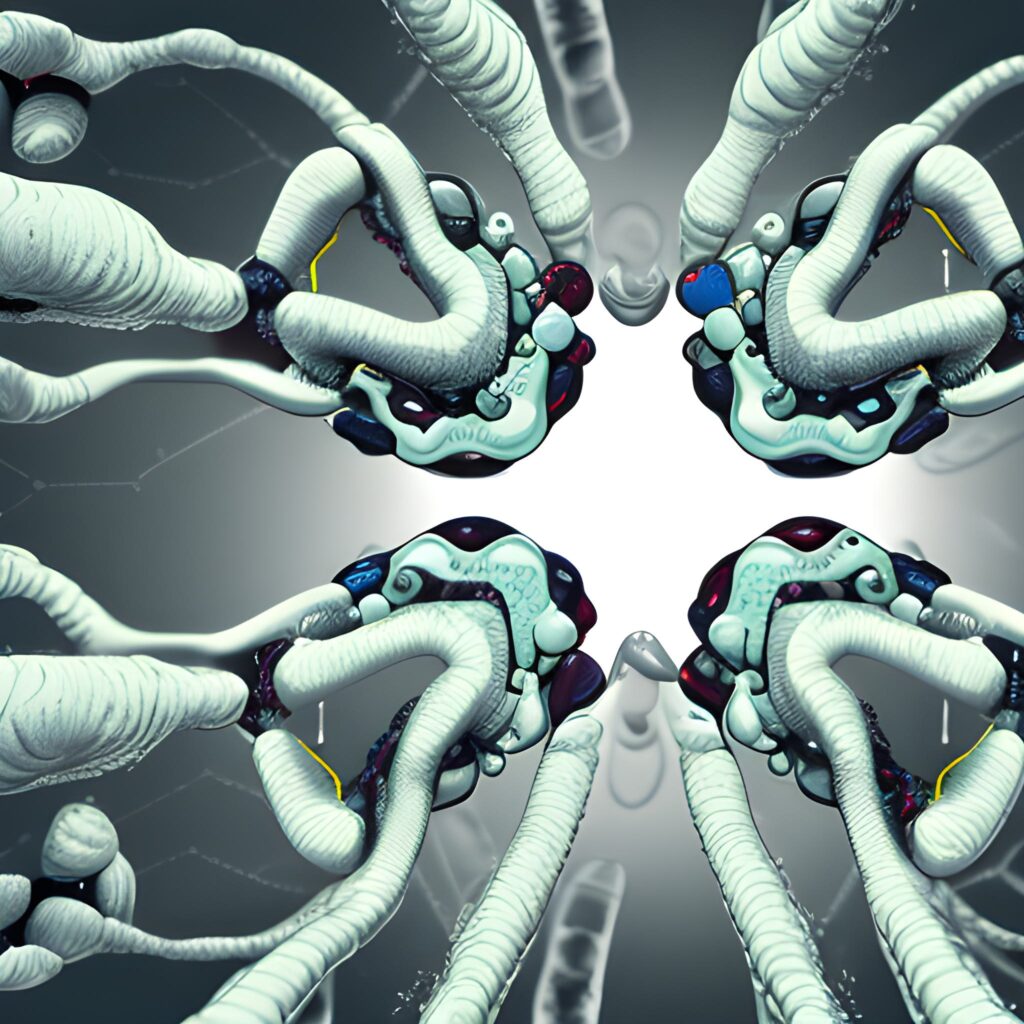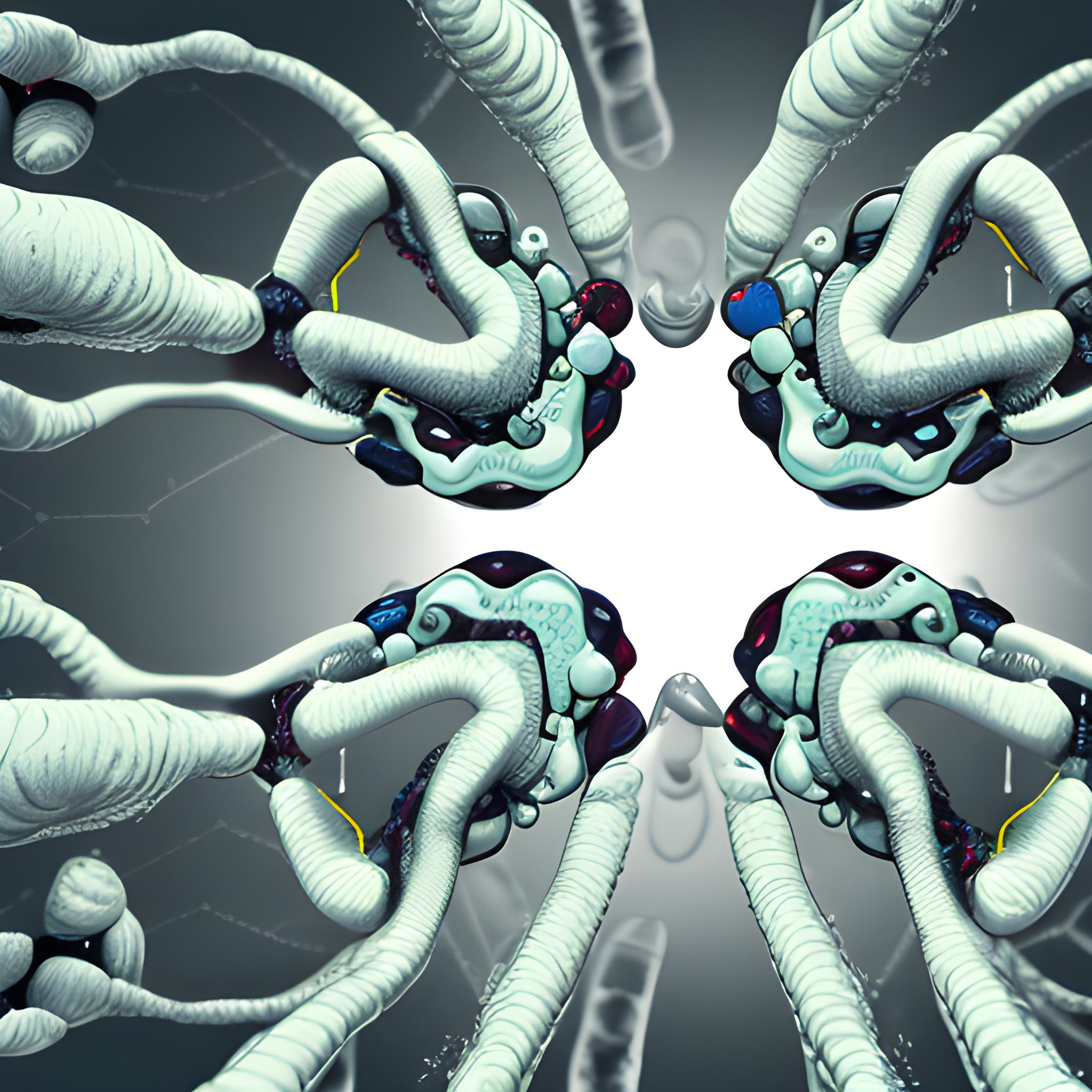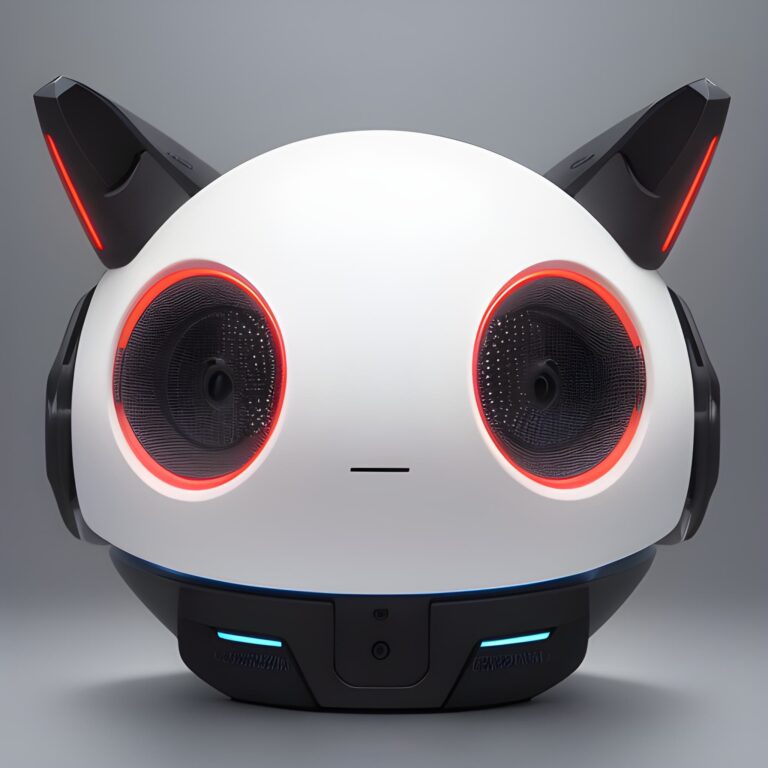Bridging the Gap to Avert an Antibiotic Crisis: A Leap towards AI-Powered Drug Discovery

In an era where over a million lives are lost annually to antibiotic-resistant infections, the imminent crisis of drug resistance has compelled scientists to embrace unorthodox approaches. A collaborative team led by Dr Jonathan Stokes from McMaster University has harnessed the potential of Artificial Intelligence (AI) to overcome the formidable superbug, Acinetobacter baumannii, deemed “public enemy number one” by the World Health Organization (WHO).
Acinetobacter baumannii, a seemingly impervious bacterium often found in hospitals and care homes, has garnered attention for its ability to resist nearly all available antibiotics, rendering the treatment options almost obsolete. The bacterium, capable of surviving on surfaces and medical equipment, is notorious for infecting wounds and causing pneumonia. The WHO, sounding the alarm, has listed it as one of the top three “critical” threats among superbugs.
It is against this background that the researchers have embarked on an ambitious quest to explore new antibiotics capable of defeating these superbugs. However, the lack of novel drugs for decades has only served to exacerbate the situation. With the traditional approach to drug discovery proving inadequate, the team turned to AI to address the burgeoning crisis.
To initiate the process, the researchers meticulously trained an AI model using data derived from thousands of drugs with known chemical structures. The potential of these drugs against Acinetobacter baumannii was manually evaluated before feeding this valuable information into the AI. The objective was to familiarise the AI with the specific chemical features of drugs capable of combating the belligerent bacterium.
Empowered with this extensive database, the AI was subsequently assigned to scrutinise a collection of 6,680 compounds whose potential effectiveness was still undetermined. The results, as published in Nature Chemical Biology, were startling. The AI, with its unparalleled analytical capabilities, generated a shortlist within a span of merely ninety minutes.
Taking the baton from AI, the researchers manually tested 240 compounds from the shortlist in the lab. This meticulous endeavour yielded nine promising candidates, one of which stood out – the antibiotic abaucin. This potent antibiotic not only demonstrated its capability in treating infected wounds in mice but also succeeded in annihilating A. baumannii samples sourced from patients.

However, the journey towards making AI-generated antibiotics a clinical reality is far from over. “This is when the work starts,” expressed Dr Stokes, highlighting the upcoming challenges. The researchers now face the task of refining the drug in the lab, followed by clinical trials, a process that could potentially stretch till 2030 before these innovative antibiotics can be prescribed to patients.
What makes abaucin particularly intriguing is its targeted action against A. baumannii, demonstrating no effect on other species of bacteria. Many of the existing antibiotics tend to wipe out bacteria indiscriminately. The researchers contend that the precision of abaucin could potentially stymie the emergence of drug resistance and might also mitigate side-effects.
The team believes that this method of AI-assisted drug discovery, which allows for the rapid and cost-effective screening of tens of millions of potential compounds, could revolutionise the search for new antibiotics. Earlier, they had successfully employed AI to discover antibiotics for E. coli in 2020. Inspired by this achievement, the team now plans to extend its research to other troublesome pathogens, including Staphylococcus aureus and Pseudomonas aeruginosa.
This pioneering study has drawn widespread accolades. Professor James Collins from the Massachusetts Institute of Technology, an ardent advocate for AI in drug discovery, expressed his optimism, stating, “This finding further supports the premise that AI can significantly accelerate and expand our search for novel antibiotics.” Similarly, Professor Dame Sally Davies, the former Chief Medical Officer for England, termed this development as “a big game-changer” and voiced her conviction that this innovative approach “will save lives”.
Indeed, as the threat of antibiotic resistance continues to cast a long shadow over global healthcare, this groundbreaking work has ignited a ray of hope. With the power of AI, the medical community could potentially change the narrative of the antibiotic crisis, ultimately saving countless lives.
https://www.nature.com/articles/s41589-023-01349-8
https://www.bbc.com/news/health-65709834
{
"prompt": "Bridging the Gap to Avert an Antibiotic Crisis: A Leap towards AI-Powered Drug Discovery, deepleaps.com",
"seed": 283279497,
"used_random_seed": true,
"negative_prompt": "",
"num_outputs": 1,
"num_inference_steps": 25,
"guidance_scale": 7.5,
"width": 512,
"height": 512,
"vram_usage_level": "balanced",
"sampler_name": "euler",
"use_stable_diffusion_model": "Dreamshaper_3.32_baked_vae_clip_fix",
"use_vae_model": "vae-ft-mse-840000-ema-pruned",
"stream_progress_updates": true,
"stream_image_progress": false,
"show_only_filtered_image": true,
"block_nsfw": false,
"output_format": "jpeg",
"output_quality": 75,
"output_lossless": false,
"metadata_output_format": "json",
"original_prompt": "Bridging the Gap to Avert an Antibiotic Crisis: A Leap towards AI-Powered Drug Discovery, deepleaps.com",
"active_tags": [],
"inactive_tags": [],
"use_upscale": "RealESRGAN_x4plus",
"upscale_amount": "4"
}







